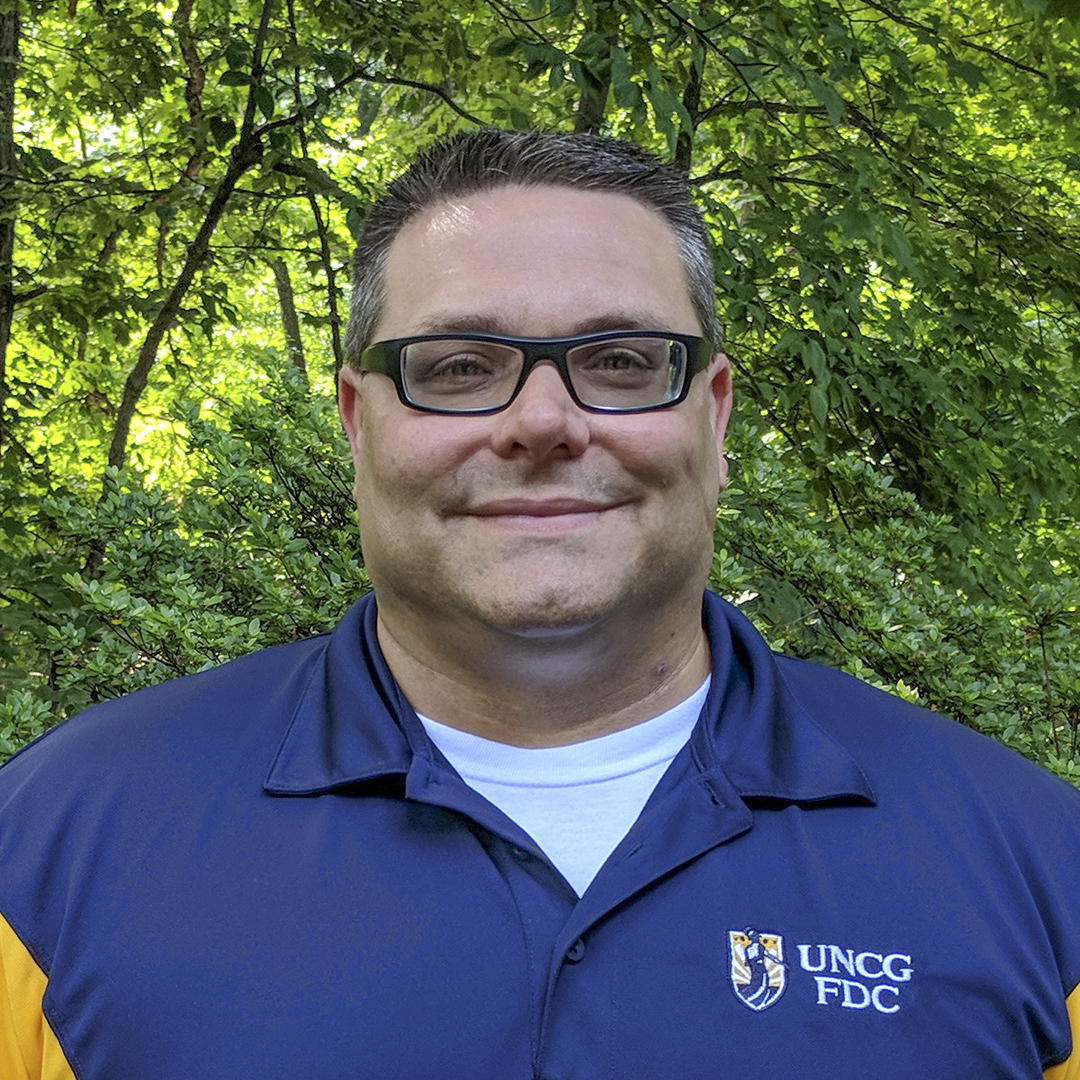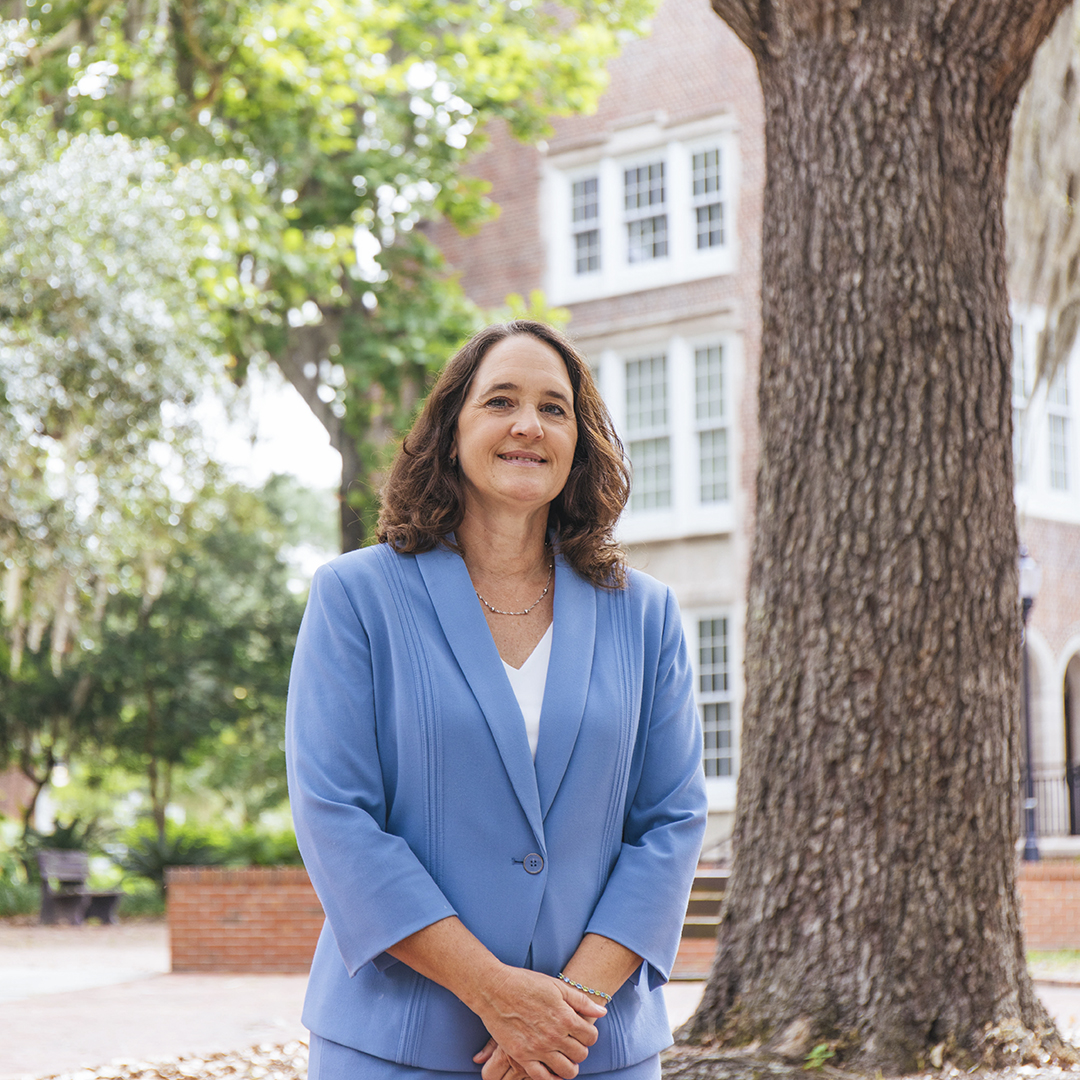|
Getting your Trinity Audio player ready...
|
David Sullivan believes everyone should have the same standard of healthcare, no matter immigration or economic status. To help make this a reality, he took on a role at Gotham Health, an organization of New York City Health + Hospitals, and the largest federally qualified health center in the nation. Sullivan manages over 55 sites, both stand-alone and school-based clinics, with an additional three sites opening.
In simplest terms, “I am in charge of everything you touch and see,” explains Sullivan, the chief infrastructure and support services officer. He has pledged to improve everything you touch and see at Gotham because, as he says, “they truly serve the needy.”
Sullivan describes his own story as a “true American Dream.” The youngest of seven, born to Irish immigrants who made the ever-impressive leap from agriculturalists in their native land to housing superintendents in the Bronx, Sullivan says he acted as the CEO of his parent’s company by the time he was 13. While they taught him incredible work ethic and housing maintenance, his parents did not have a lot of business knowledge.
With hard work and connections from his parents, Sullivan landed a management company file clerk job just out of high school. He put in long, extra hours to effectively learn the business and after two years, oversaw his own building before he eventually handled the company’s legal concerns. He later traded this position for a college education, working on the janitorial staff to receive a tuition waiver, before graduating and landing in finance. It was a fine position, Sullivan acknowledges, but he knew a desk job full of repetitive rules and numbers didn’t suit him. He missed being at properties, meeting new people, and responding to changing challenges.
“You have no idea what other people are
going through.”
When his young daughter was diagnosed with a rare cancer, Sullivan found himself in hospitals, needing to trust institutions. In particular, he walked the lobby of Weill Cornell Medical Center, where he met a security guard who assured him that he was in good hands. In the blur of his daughter’s illness, Sullivan says, “I don’t remember the doctors, but I do remember that security guard.” This feeling of support and calm has now become integral to Sullivan’s approach with Gotham patients.
As a byproduct of his daughter’s treatment, Sullivan put in countless hours in waiting rooms, looking around, appraising the lighting and the chairs, and thinking it was time to return to real estate. It was also when he had the epiphany that he belonged working in hospitals.
New York–Presbyterian Hospital recruited Sullivan one month after his daughter’s recovery. As the operation manager for capital construction, he led revitalization on some hospital housing stock. He started with small pilot programs, proving the worth of dilapidated, pre-WWII buildings and, eventually, remade the west campus apartments into what he says are a showpiece, housing medical doctors and hospital vice presidents alike, while profiting $6 million annually.
Sullivan’s journey led him to Gotham in June 2020, a tumultuous time, especially in healthcare. He spent the first month touring sites and making a plan: to manage the launch of three clinics—all scheduled to open in October 2020 at time of speaking—as COVID-19 centers of excellence.
While the project excites him, for Sullivan, “It’s the small stuff.” He wants to throw himself into details that have big impact, from a cleaned window to a workflow-enabling desk. “Maintaining a building is as important as making something new and flashy,” he asserts.
The chief officer intends to make the old stuff flash again. This is his forte. “From the time I can remember, I had a screwdriver in my hand,” he reminisces, adding that he’s well familiar with the gratification of standing in an apartment and thinking, “Look, I fixed this.” It’s a pride he uses to further the mission and vision of Gotham, as he works to improve human experience. “Everyone,” he reiterates, “deserves a great level of care.”
“Until everyone receives a high level of dedication and services, I’ll be here.”
Hospitals and clinics, Sullivan says, are like homes, and he has been entrusted with these homes. Respecting this responsibility is part of his empathy practice, a tool as important as a screwdriver or a spreadsheet for Sullivan. He remembers being a small child, watching someone collecting bottles from the garbage to sell back for rebates, and laughing at them. His father reprimanded him, “That is an honest living. You be respectful.” It was one of his first lessons in empathy.
Decades later, it was Sullivan himself struggling, when his daughter took a terrible turn during her treatment. He spent an entire day holding her, in the bathtub, trying to keep her hydrated and clean while she vomited continually. He often thinks about that day. “You have no idea what other people are going through,” he says.
Today, at Gotham Health, he urges his team to tap into their own empathy, raise their expectations, and hold onto their commitment, as he does himself. He promises, “Until everyone receives a high level of dedication and services, I’ll be here.”



